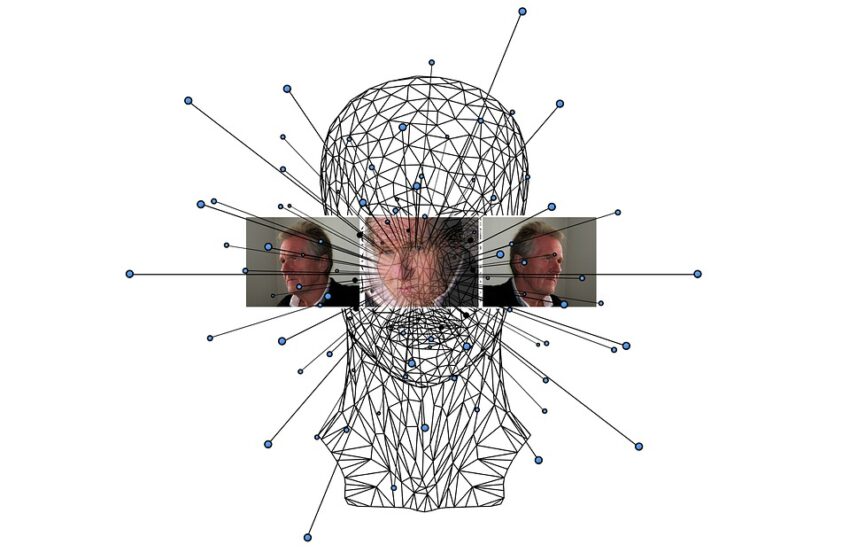Ethical Considerations in AI: Ensuring Machine Learning is Used Responsibly

Artificial Intelligence (AI) has become an integral part of our daily lives, with applications ranging from virtual assistants like Siri and Alexa to self-driving cars and predictive analytics in healthcare. While machine learning algorithms have the potential to revolutionize industries and improve efficiency, it is essential to consider the ethical implications of AI to ensure that it is used responsibly.
One of the key ethical considerations in AI is fairness and bias. Machine learning algorithms are only as fair as the data they are trained on, and if the data is biased or inaccurate, the algorithm will produce biased results. For example, if a facial recognition algorithm is trained on a dataset that disproportionately includes white faces, it may struggle to accurately identify faces of people of color. This can have serious consequences, such as in the case of predictive policing algorithms that disproportionately target marginalized communities.
Another important ethical consideration is transparency and accountability. AI algorithms can be complex and opaque, making it difficult to understand how they arrive at their conclusions. This lack of transparency can lead to mistrust and skepticism of AI systems, particularly when they are used in high-stakes situations like healthcare and criminal justice. It is essential for developers to be transparent about how their algorithms work and to provide mechanisms for accountability when errors or biases are identified.
Privacy is also a significant ethical concern in AI. As AI systems collect and analyze vast amounts of data, there is a risk that individual privacy may be compromised. For example, facial recognition technology could be used for widespread surveillance without the consent of individuals, infringing on their right to privacy. It is crucial for developers to prioritize data privacy and security when designing AI systems, and to ensure that data is collected and used responsibly.
Finally, there is the issue of unintended consequences. AI systems are designed to optimize certain objectives, but they may inadvertently harm other aspects of society. For example, an AI algorithm that maximizes profits for a company may lead to job losses and economic inequality. Developers must carefully consider the potential social, economic, and environmental impacts of their AI systems, and work to mitigate any negative consequences.
In conclusion, ethical considerations are essential in ensuring that AI is used responsibly and ethically. It is vital for developers, policymakers, and society as a whole to consider the implications of AI on fairness, transparency, privacy, and unintended consequences. By prioritizing ethical principles in the design and deployment of AI systems, we can harness the power of machine learning for the benefit of all.






